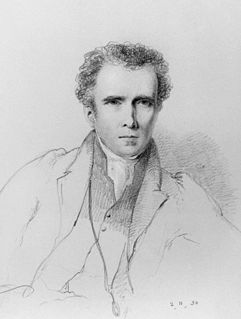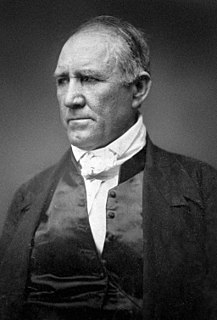A Quote by Stephen King
Related Quotes
The artist usually sets out -- or used to -- to point a moral and adorn a tale. The tale, however, points the other way, as a rule. Two blankly opposing morals, the artist's and the tale's. Never trust the artist. Trust the tale. The proper functions of a critic is to save the tale from the artist who created it.
The man who tells the tale if he has a tale worth telling will know exactly what he is about and this business of the artist as a sort of starry-eyed inspired creature, dancing along, with his feet two or three feet above the surface of the earth, not really knowing what sort of prints he's leaving behind him, is nothing like the truth.
The fairy tale, which to this day is the first tutor of children because it was once the first tutor of mankind, secretly lives on in the story. The first true storyteller is, and will continue to be, the teller of fairy tales. Whenever good counsel was at a premium, the fairy tale had it, and where the need was greatest, its aid was nearest. This need was created by myth. The fairy tale tells us of the earliest arrangements that mankind made to shake off the nightmare which myth had placed upon its chest.
From a tale one expects a bit of wildness, of exaggeration and dramatic effect. The tale has no inherent concern with decorum, balance or harmony. ... A tale may not display a great deal of structural, psychological, or narrative sophistication, though it might possess all three, but it seldom takes its eye off its primary goal, the creation of a particular emotional state in its reader. Depending on the tale, that state could be wonder, amazement, shock, terror, anger, anxiety, melancholia, or the momentary frisson of horror.


































